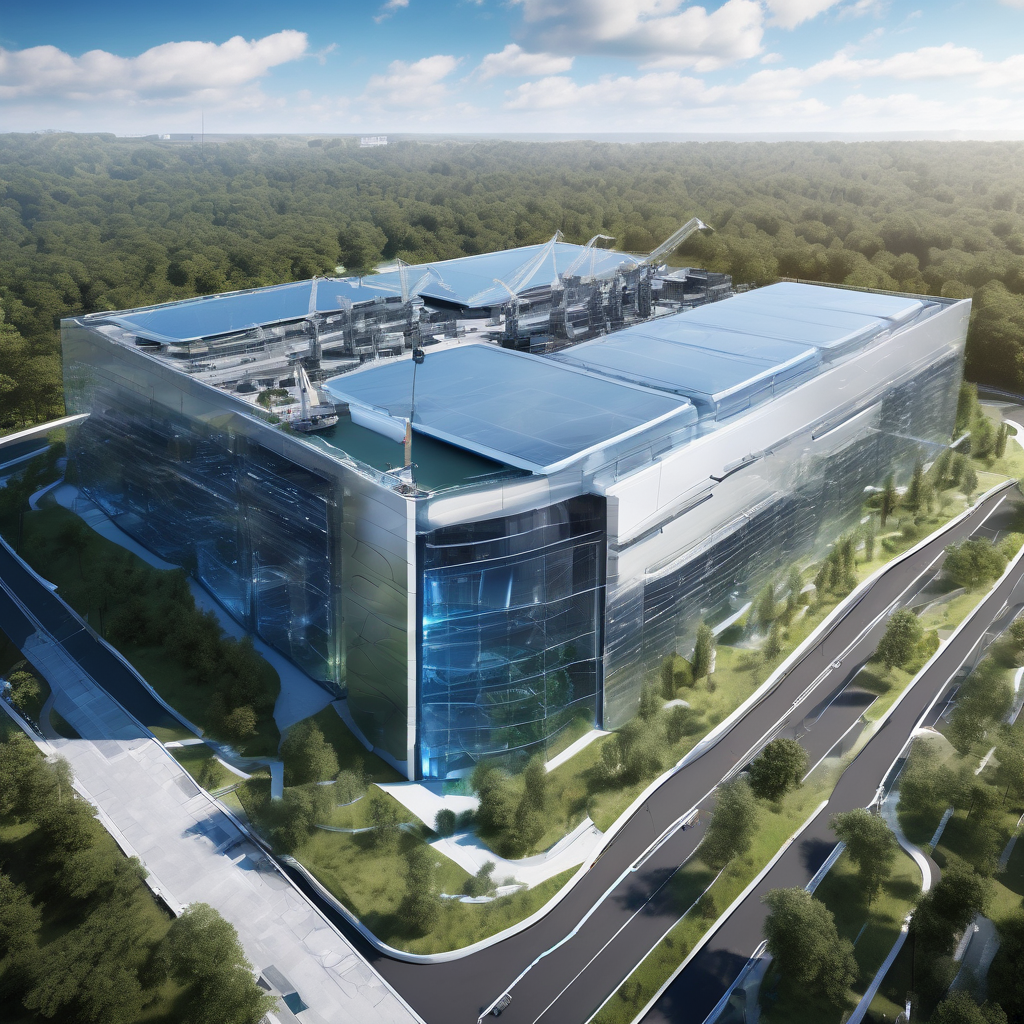
When considering applied AI in business, there are many approaches: identifying market opportunities, solving customer pain points, impressing stakeholders, or forecasting future trends—where thought leadership plays a role. Alternatively, one might employ industry jargon, discussing AI in SaaS B2B contexts, procurement ROI, or complex strategies involving model distillation, but clarity is more valuable. A current focus in ROI discussions is the “vertical” market. Contrary to what the term might imply linguistically—a market scaling “up” like a skyscraper—a vertical market refers to a specialized sector serving a specific business niche. As Julie Young of Investopedia explains, vertical markets target particular customer groups with tailored products/services, such as software designed exclusively for hospitals or financial firms. This focus allows deeper expertise and potentially higher margins, though limited market size and higher entry barriers mean both opportunities and intensified competition. To simplify: a vertical market means a business focuses on one type of customer; for example, creating software solely for hospitals rather than for all industries. This specialization offers better customer understanding but comes with fewer buyers and greater challenges. “Vertical software” serves these defined sectors at multiple levels—like hospital management systems designed specifically for healthcare providers. At a recent Stanford panel titled “Applied AI: Turning Industries into Innovation Engines, ” experts Sri Pangular (Mayfield), Bratin Saha (DigitalOcean), Lisa Dolan (Link Ventures), and Philip Rathle (Neo4J) discussed AI’s role in automating workflows and knowledge work within verticals. Dolan highlighted traditional employee training models—where juniors mastered basic tasks before advancing—and proposed mirroring this approach in AI agent training to build enterprise trust and enable broader rollout across industries. Saha emphasized generative AI and large language models (LLMs) as breakthroughs enabling automation in high-cost knowledge domains like healthcare, finance, and legal services, unlocking ROI through cost reduction.
Rathle noted that while cost savings are significant in routine processes, the real value lies in critical core applications where quality answers are essential, given that mistakes can be costly. Dolan pointed out that automation efforts focused on siloed systems like CRM are less transformative than those targeting centralized processes, acknowledging the gradual nature of progress. On pricing, Rathle urged companies to decide between horizontal (broad) or vertical (specialized) approaches. Vertical software, being closer to end customers, can command value-based pricing, unlike traditional seat-based models. Dolan observed a shift from per-seat to throughput pricing, emphasizing the importance of companies owning the customer relationship and workflow to iteratively improve AI models. Rathle agreed, cautioning against charging for AI agents as if they were human seats, as buyers dislike such models and they lack sustainability. On AI’s evolving role, Saha described a continuum from AI as a tool to becoming a trusted teammate. Initially, AI assists with tasks, but with growing trust and delegation, it eventually undertakes significant responsibilities, potentially leading organizations where humans manage multiple AI agents. In summary, AI’s impact on business involves increasing automation, sophisticated AI agents, cost-saving analyses, and evolving collaboration models. As AI technology matures, businesses must thoughtfully harness its power, balancing innovation, value creation, and sustainable integration within vertical markets and beyond.
Applied AI in Vertical Markets: Innovations, ROI, and Evolving Business Models


In the rapidly changing digital marketing realm, generative AI has transformed from a novelty to a necessity.

On November 12, 2025, the AI industry saw major investment and growth as Anthropic and Microsoft announced ambitious plans to build new AI computing infrastructure in the U.S. Anthropic, known for its Claude chatbot, unveiled a $50 billion investment to develop advanced data centers in Texas and New York, partnering with UK-based Fluidstack.

A few years ago, top hotel salespeople had one key skill: they could intuitively read their guests.

The rapid transition to remote work has markedly accelerated the adoption of AI-powered video conferencing platforms across numerous industries.

The emergence of artificial intelligence (AI) is profoundly transforming search engine optimization (SEO), changing how marketers approach online visibility and content strategies.

With the rapidly increasing volume of online video content, the need for efficient methods to consume and comprehend this information has never been more urgent.

Microsoft has announced a major expansion of its Azure AI platform, introducing a range of new tools designed to enhance machine learning and data analytics capabilities.
Launch your AI-powered team to automate Marketing, Sales & Growth

and get clients on autopilot — from social media and search engines. No ads needed
Begin getting your first leads today